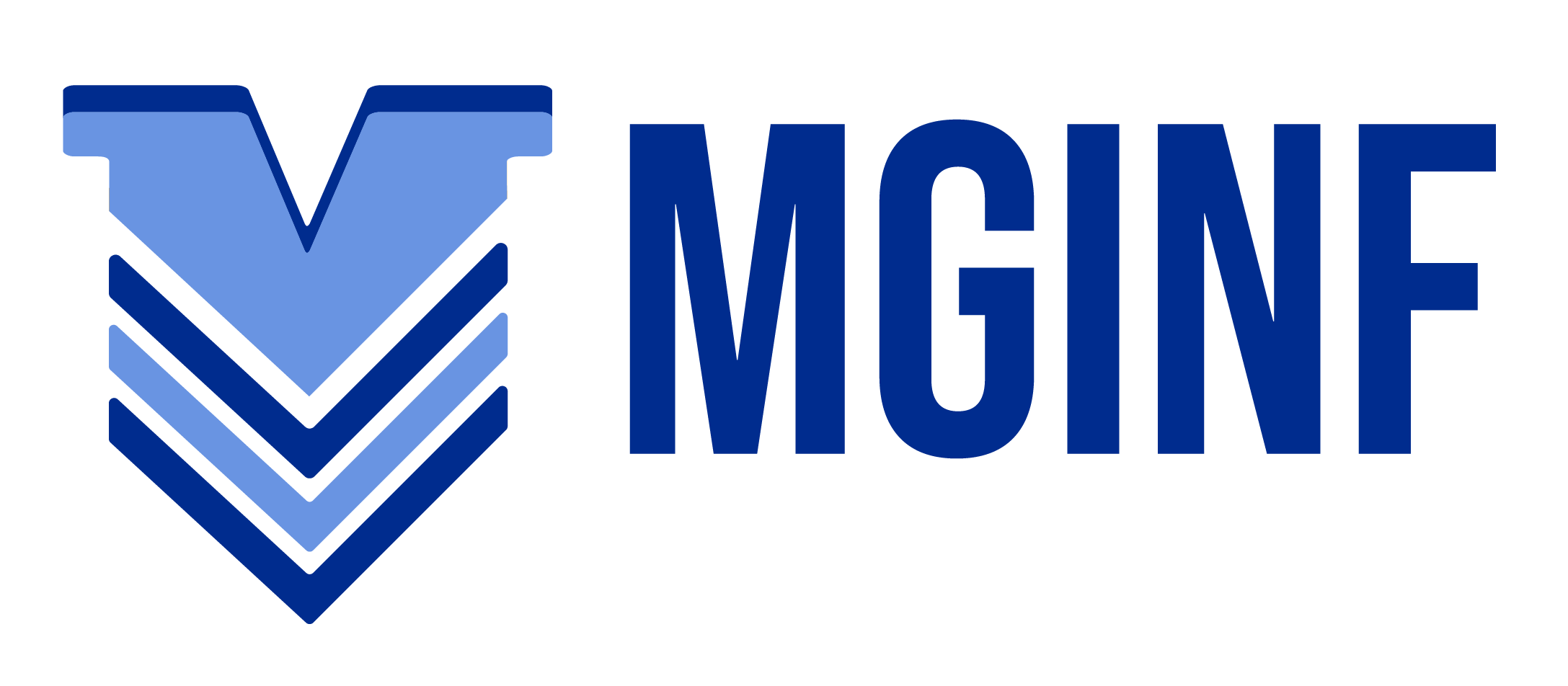Introduction
Importance of Keeping Your Resume Updated
In today’s dynamic job market, keeping your resume up-to-date is crucial for showcasing your latest skills and experiences. Regular updates ensure that your resume reflects your most current qualifications and makes a strong impression on potential employers.
Objective of the Article
This article aims to provide a comprehensive guide on how often you should update your resume with new online courses. By understanding the importance of continuous learning and the strategic inclusion of online courses, you can enhance your resume and improve your job prospects.
Understanding the Role of Online Courses in Career Development
Benefits of Online Courses
Online courses offer a flexible and accessible way to acquire new skills and knowledge. They can help you stay current with industry trends, fill gaps in your education, and make you more competitive in the job market.
Types of Online Courses
Online courses can range from short, skill-specific classes to comprehensive programs that may lead to certifications or degrees. They are offered by various providers, including universities, professional organizations, and specialized online platforms.
Relevance to Different Careers
The relevance of online courses can vary depending on your career goals. For example, tech professionals might benefit from coding bootcamps, while healthcare workers might seek courses in medical technology or patient care.
Factors to Consider When Updating Your Resume
Relevance of the Course
Only include courses that are directly relevant to your career goals or the job you are applying for. Relevance ensures that your resume remains focused and impactful.
Completion and Certification
List courses that you have completed and for which you have received a certification. This demonstrates your commitment to learning and the successful acquisition of new skills.
Credibility of the Provider
The credibility of the institution or platform offering the course matters. Courses from well-known universities or established platforms like Coursera, edX, and LinkedIn Learning are more likely to be valued by employers.
General Guidelines for Updating Your Resume
Frequency of Updates
As a general rule, update your resume every three to six months or whenever you complete a significant course that enhances your qualifications. Regular updates ensure that your resume stays current and relevant.
Best Times to Update
Update your resume when you:
- Complete a new online course or certification.
- Acquire new skills or knowledge that are relevant to your career.
- Apply for a new job or prepare for performance reviews.
Indicators that an Update is Needed
Consider updating your resume if:
- You have gained new skills or completed a relevant course.
- There have been significant changes in your career goals or job market trends.
- Your current resume does not fully reflect your latest qualifications.
Strategically Incorporating Online Courses
Creating a Dedicated Section
Consider creating a dedicated section on your resume titled “Professional Development” or “Online Courses.” This allows you to clearly highlight your continuous learning without overwhelming other sections of your resume.
Integrating with Professional Experience
Alternatively, integrate online courses into your professional experience or education sections. Mention specific courses alongside your job descriptions to highlight relevant skills.
Highlighting Certifications
If the course provides a certification, list it in a certifications section. Include the certification title, issuing organization, and date of completion.
Aligning Online Courses with Career Goals
Matching Courses to Job Descriptions
Carefully read job descriptions and identify the key skills and qualifications required. Choose online courses that directly address these requirements and highlight them on your resume.
Emphasizing Industry-Specific Skills
If you are applying for a job in a specific industry, emphasize courses that provide industry-specific skills. This shows that you have specialized knowledge and are prepared for the role.
Showcasing Recent and Advanced Learning
Recent and advanced courses are often more relevant and valuable than older or introductory courses. Highlight the most up-to-date and advanced courses you have completed.
Formatting Tips for Including Online Courses
Clear and Concise Descriptions
Provide clear and concise descriptions of the courses you list. Include the course title, provider, and date of completion. For example:
- Introduction to Data Science, Coursera, University of Washington, Completed May 2021
Consistent Formatting
Ensure that your resume formatting is consistent. Use the same font, style, and layout for listing online courses as you do for other sections of your resume.
Use of Bullet Points
Use bullet points to list courses and provide brief descriptions of the skills and knowledge gained. This enhances readability and makes it easier for employers to scan your resume.
Balancing Quantity and Quality
Avoiding Resume Clutter
Avoid listing too many courses, as this can make your resume look cluttered and overwhelming. Focus on the most relevant and impactful courses to keep your resume concise and targeted.
Prioritizing High-Impact Courses
Prioritize courses that have the most significant impact on your qualifications. Consider the relevance, credibility of the provider, and the skills acquired.
Tailoring for Specific Job Applications
Customize your resume for each job application. Highlight different courses based on the specific requirements and preferences of the employer.
Using Keywords from Online Courses
Identifying Relevant Keywords
Identify keywords from the job description and the online courses you have taken. Use these keywords to enhance your resume’s visibility with Applicant Tracking Systems (ATS).
Incorporating Keywords Naturally
Incorporate these keywords naturally throughout your resume. Avoid keyword stuffing and ensure that the keywords fit seamlessly into the context of your experience and qualifications.
Enhancing Resume Visibility with ATS
Using relevant keywords helps your resume pass through ATS filters and increases the chances of it being seen by hiring managers. Focus on skills, certifications, and course titles that match the job description.
Examples of Effective Course Listings
Case Studies from Different Industries
Provide case studies of individuals from different industries who have successfully leveraged online courses on their resumes. Highlight the specific courses they listed and the impact on their career.
Successful Resume Samples
Show examples of successful resume samples that effectively incorporate online courses. Analyze what made these resumes stand out and how they aligned courses with job requirements.
Lessons Learned
Summarize the key lessons learned from these examples. Provide practical tips and insights for job seekers looking to enhance their resumes with online courses.
Common Mistakes to Avoid
Listing Irrelevant Courses
Avoid listing online courses that are not relevant to the job you are applying for. Focus on the most impactful and pertinent courses to keep your resume concise and targeted.
Overloading the Resume
Listing too many courses can make your resume look cluttered and overwhelming. Be selective and prioritize the most relevant and valuable courses.
Ignoring Course Quality
Ensure that the courses you list are of high quality and from reputable providers. Listing low-quality or irrelevant courses can undermine the credibility of your resume.
Adapting Your Resume for Different Careers
Tech and IT Roles
For tech and IT roles, emphasize technical skills and certifications. Highlight relevant online courses that demonstrate your expertise in specific technologies or programming languages.
Healthcare and Medical Fields
In healthcare and medical fields, focus on courses that provide practical skills and knowledge relevant to patient care and medical practices. Certifications and continuing education are particularly important in this field.
Business and Management
For business and management roles, highlight courses that cover key concepts such as leadership, project management, and financial analysis. Showcase any practical applications or projects completed during these courses.
Creative and Design Professions
In creative and design fields, emphasize courses that develop your technical skills and creativity. Include a portfolio of your work to demonstrate the application of your online learning.
Leveraging Online Courses During Job Searches
Enhancing Online Profiles (LinkedIn, etc.)
Add your online courses to your LinkedIn profile and other professional networking sites. This increases the visibility of your skills to potential employers and connections.
Mentioning Courses in Cover Letters
In your cover letter, mention key online courses that are particularly relevant to the job you’re applying for. This reinforces the skills and knowledge highlighted on your resume.
Discussing Online Learning in Interviews
Be prepared to discuss your online learning experiences confidently in interviews. Highlight the benefits of online education and how it has prepared you for the role.
Employer Perspectives on Online Courses
Changing Attitudes Towards Online Learning
Employer attitudes towards online learning have evolved significantly. Many now recognize the value of online courses, especially when they are from reputable institutions.
Importance of Specific Skills
Employers often value specific skills gained from online courses. Highlighting these skills can enhance your resume and demonstrate your preparedness for the job.
Insights from Hiring Managers
Hiring managers may have varying perspectives on online courses. Some may place significant value on them, while others may focus more on practical experience. Understanding these perspectives can help you tailor your resume accordingly.
Maintaining an Updated Resume
Regularly Reviewing and Refreshing Content
Regularly review and refresh your resume content to ensure it remains current and relevant. This includes updating your online courses, certifications, and other professional achievements.
Adding New Courses and Certifications
As you complete new online courses and earn certifications, add them to your resume promptly. This keeps your resume up-to-date and reflective of your latest qualifications.
Keeping Track of Learning Progress
Maintain a record of your online learning progress. This helps you keep track of completed courses and certifications, making it easier to update your resume accurately.
The Role of Continuous Learning in Career Advancement
Staying Competitive in the Job Market
Continuous learning through online courses helps you stay competitive in the job market. It shows that you are proactive in updating your skills and staying current with industry trends.
Supporting Career Transitions
If you are looking to transition to a new career, online courses can provide the necessary skills and knowledge. Highlighting these courses on your resume can demonstrate your preparedness for the new role.
Bridging the Skills Gap
Online courses can help bridge the skills gap by providing targeted learning opportunities. They allow you to acquire new skills that are in demand in the job market.
Using Online Portfolios to Complement Your Resume
Linking to Online Portfolios
Include a link to your online portfolio on your resume. This allows employers to see samples of your work and learn more about your capabilities.
Showcasing Projects and Assignments
Showcase your work samples and projects in your online portfolio. Provide context and explanations for each piece to highlight your skills and achievements.
Adding Testimonials and Recommendations
Include testimonials or recommendations from instructors or peers who can vouch for your skills and knowledge. These endorsements add credibility and provide additional context for your learning.
Preparing for Performance Reviews and Promotions
Highlighting Professional Development
During performance reviews and promotion discussions, highlight your professional development through online courses. This demonstrates your commitment to growth and continuous learning.
Demonstrating Commitment to Growth
Show that you are dedicated to improving your skills and staying current in your field. This can enhance your prospects for promotions and career advancement.
Aligning Learning with Company Goals
Align your online learning with your company’s goals and objectives. This shows that you are invested in contributing to the organization’s success and growth.
Conclusion
Summary of Key Points
Updating your resume with new online courses is essential for showcasing your continuous learning and professional development. By strategically selecting and presenting relevant courses, you can enhance your resume and improve your job prospects.
Final Thoughts on Updating Your Resume
Regularly updating your resume ensures that it accurately reflects your latest qualifications and skills. Be selective, prioritize quality over quantity, and tailor your resume for each job application to make a strong impression on potential employers.

